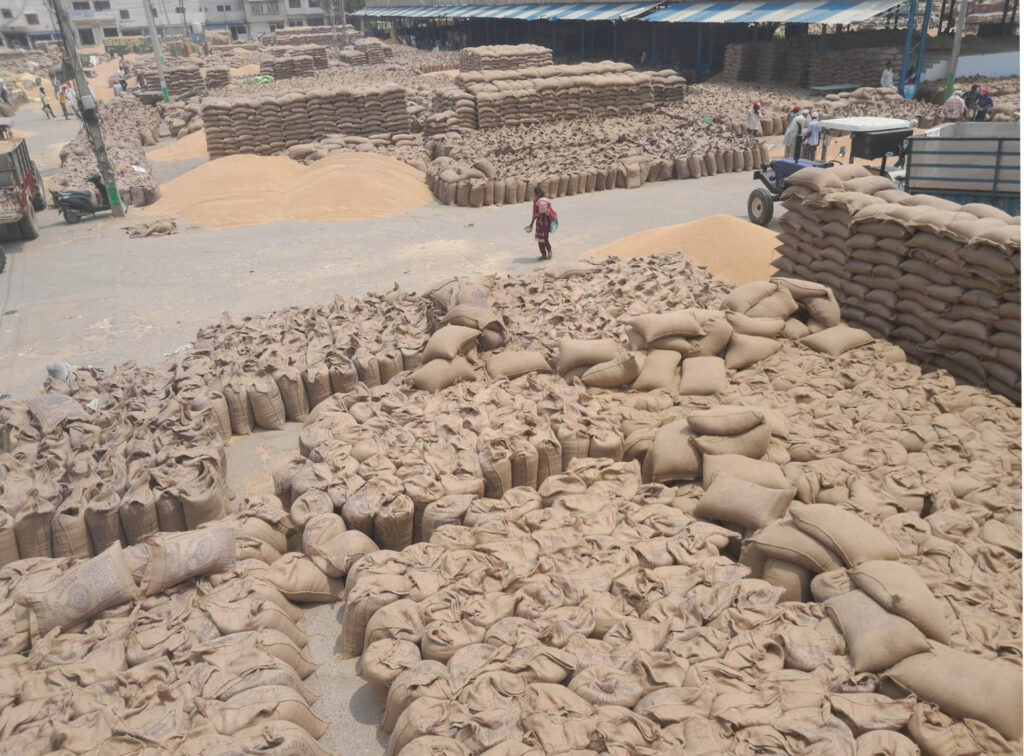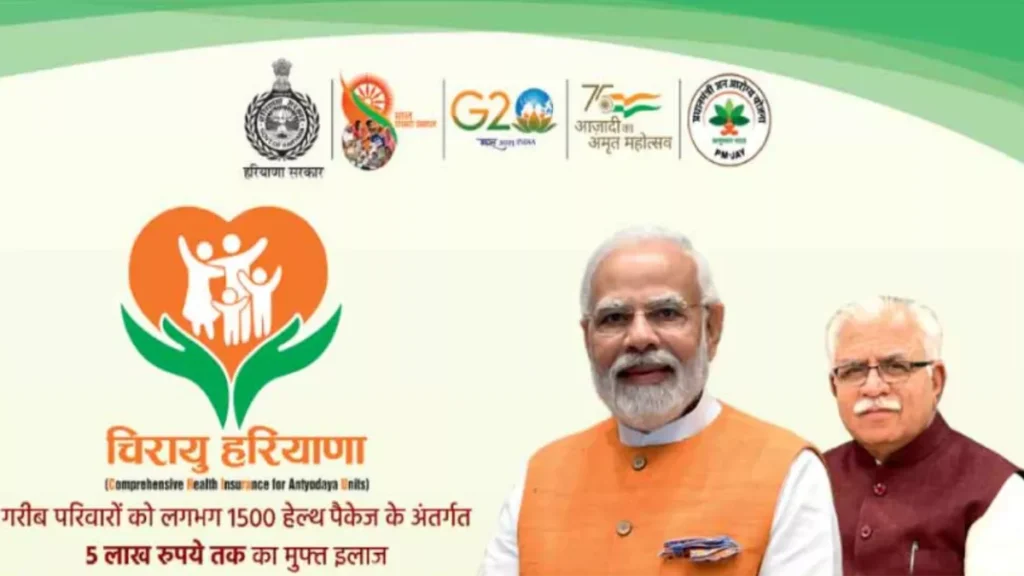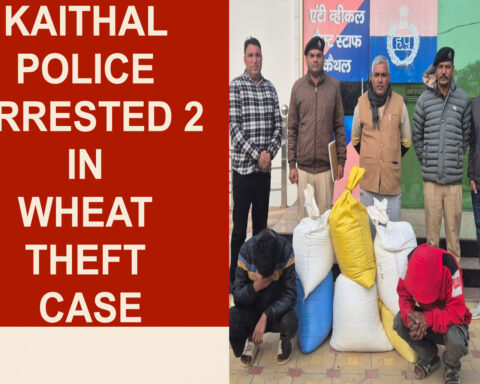Minister Shyam Singh Rana Inspects Cheeka Grain Market
Farmers and Traders Express Their Anguish
In a move that highlights growing concerns among farmers and traders, Haryana’s Agriculture Minister Shyam Singh Rana visited the Cheeka Grain Market. His visit came amid rising complaints about corruption and mistreatment faced by those who bring their crops for sale.
During his inspection, the atmosphere turned emotional. Farmers and commission agents gathered around the minister, eager to share their hardships. Their voices were filled with frustration and a hope for immediate change.
Many traders openly spoke about the corruption plaguing the grain market. They said that loading agencies are demanding bribes for every sack of wheat. Without paying these illegal charges, agents find their wheat sacks abandoned, delaying crucial dispatches.
Such practices have not only hurt businesses but also shaken the faith of the farming community.
Bribery Allegations Raise Deep Concerns
As the discussions unfolded, one issue became clear: bribery has seeped deep into the system. According to the agents, each wheat sack lifted from the market requires a bribe. If the commission agent refuses to pay, their produce simply sits there, gathering dust.
The agents did not hold back in describing how this practice is destroying their livelihoods. They also alleged that contractors and certain agencies are working together. This collusion, they said, results in harassment of both farmers and traders.
Furthermore, farmers fear that if their wheat does not reach the designated companies on time, they will lose crucial government payments. The government deposits money into farmers’ accounts only after companies receive the produce. Any disruption in this chain leaves farmers financially stranded.

Contractors and Agencies Accused of Exploitation
Traders further alleged that the problem is not random or isolated. According to them, contractors and private agencies have created a systematic network. This network prioritizes profits through bribery and exploitation.
By holding wheat consignments hostage, these groups force farmers and agents to give in to their demands. This situation is particularly painful for small farmers, who depend entirely on timely payments to support their families.
One agent said with despair, “We have no option but to pay. Otherwise, our wheat lies in the open, spoiling under the sun.”
Farmers’ Plight Deepens as Payments Get Delayed
Transitioning from hope to despair, the farmers highlighted a deeper crisis. Without timely lifting of their wheat, the farmers’ payments from government companies face long delays.
This delay means that farmers, who already operate under tight financial conditions, cannot repay their loans. Many risk falling into debt traps, with mounting interest adding to their worries.
Every day that a wheat sack sits in the grain market without movement adds another day of uncertainty for a farmer’s family.
The issue has moved beyond just economic losses. It is now a fight for dignity, survival, and justice.
Minister Shyam Singh Rana Assures Immediate Action
Listening carefully to the concerns, Agriculture Minister Shyam Singh Rana gave a strong assurance to the affected parties. He said, “Give me a written complaint. Action will be taken immediately. No one involved in corruption will be spared.”
The minister’s words brought a small sense of relief among the gathering. His commitment to rooting out corruption gave hope to many farmers who had been feeling abandoned.
He further promised that strict legal measures would be adopted against any contractor or agency found guilty. Transparency in the grain market would be restored, and every farmer’s right would be protected.
Public Reaction: Hope, But Also Skepticism
While the public welcomed the minister’s immediate response, skepticism remained. Many farmers and traders expressed that promises had been made before but little had changed on the ground.
However, the fact that a senior minister personally came to hear their grievances was seen as a positive step. “At least now someone is listening,” said one hopeful farmer.
Local communities now wait and watch. They expect swift investigations, visible action against wrongdoers, and a complete cleanup of the system.
Why the Issue Matters for Everyone
This problem does not affect just a few traders or farmers. When corruption infects markets, it affects the entire agricultural economy.
Farmers are the backbone of India’s rural economy. When they are cheated and delayed, food prices, supply chains, and overall rural stability suffer.
Public support is growing stronger behind the farmers’ cause. Citizens are calling for greater transparency, digital payments, and stricter checks on private contractors working inside grain markets.
The Road Ahead: Rebuilding Trust and System Integrity
If swift action is taken, Cheeka Grain Market could become a symbol of change. But delays or leniency could deepen the farmers’ distrust further.
Experts suggest setting up independent monitoring bodies at every grain market. Immediate grievance redressal mechanisms are also being proposed, so farmers and agents can lodge complaints without fear.
Only a clean, transparent, and farmer-friendly grain market system can truly support India’s agricultural future.
For now, all eyes are on Agriculture Minister Shyam Singh Rana — and the promises made in Cheeka.


















